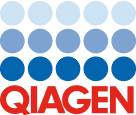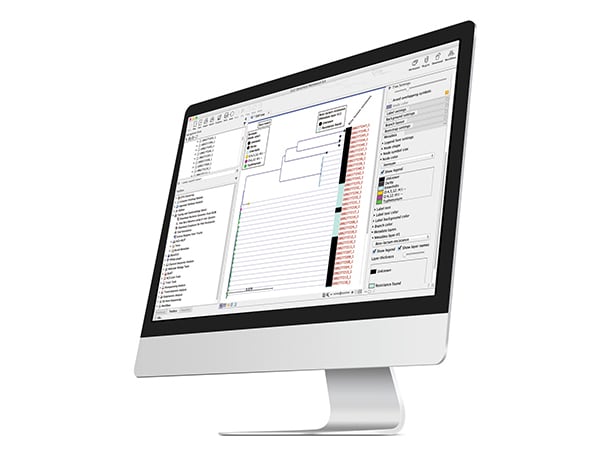1. Jia, B. et al. (2017) CARD 2017: Expansion and Model-Centric Curation of the Comprehensive Antibiotic Resistance Database. Nucleic Acids Research 45: D566–73.
2. Zankari, E. et al. (2012) Identification of Acquired Antimicrobial Resistance Genes. The Journal of Antimicrobial Chemotherapy 67: 2640–2644.
3. Gupta, S. et al. (2014). ARG-ANNOT, a New Bioinformatic Tool to Discover Antibiotic Resistance Genes in Bacterial Genomes. Antimicrobial Agents and Chemotherapy 58: 212–220.
4. Feldgarden, M et al. (2019) Validating the NCBI AMRFinder Tool and Resistance Gene Database Using Antimicrobial Resistance Genotype-Phenotype Correlations in a Collection of NARMS Isolates. Antimicrobial Agents and Chemotherapy A63: e00483-19.
5. Zankari, E. et al. (2017) PointFinder: A Novel Web Tool for WGS-Based Detection of Antimicrobial Resistance Associated with Chromosomal Point Mutations in Bacterial Pathogens. The Journal of Antimicrobial Chemotherapy 72: 2764–2768.
6. Liu, B. et al. (2019) VFDB 2019: A Comparative Pathogenomic Platform with an Interactive Web Interface. Nucleic Acids Research 47: D687–D692.

















